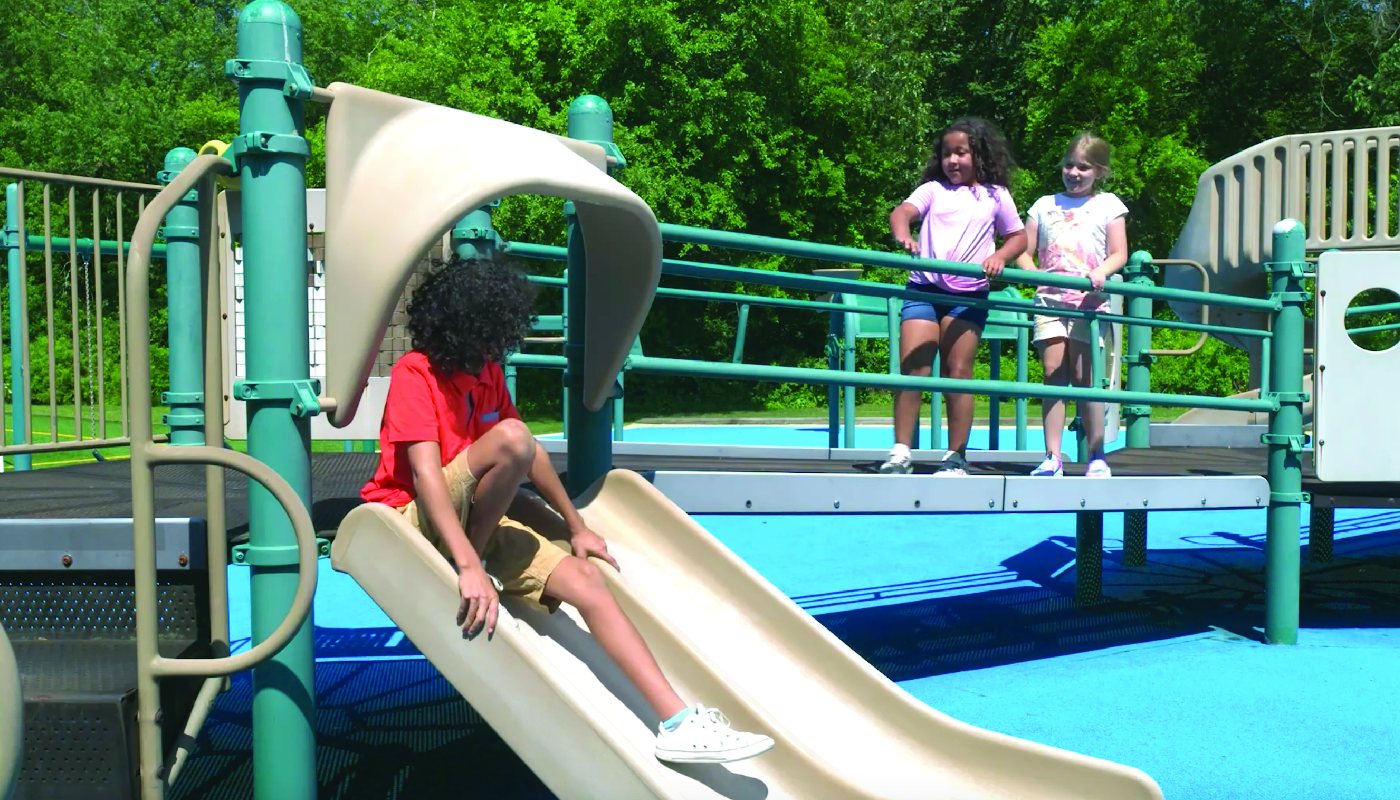
Introduction
Playing with others on the playground is a great way for Kindergarten students to develop social skills and build relationships. Sometimes, students may need guidance on how to join their friends in playtime activities. This blog post will discuss an easy-to-implement, no-prep activity and provide discussion questions to help educators teach students how to join others on the playground.
No-Prep Activity: Playground Scenarios
This activity requires no preparation or materials from the educator. Begin by gathering the students in a circle or a comfortable seating arrangement. Explain to the students that they will be practicing how to join others on the playground. The educator will describe different scenarios, and the students will act out how they would join in the play.
For example, the educator might say, “You see your friends playing on the swings. What do you do to join them?” The students will then act out how they would approach their friends, greet them, and ask to join in. Repeat this process with several different scenarios, giving each student an opportunity to practice joining others in play.
Discussion Questions
- Why is it important to greet your friends before asking to join in their play?
- What are some ways to ask to join a game or activity on the playground?
- How can you make sure you are keeping personal space when approaching your friends on the playground?
- What should you do if your friends are playing a game you’re not familiar with?
- How would you feel if someone wanted to join your game on the playground? How would you want them to ask you?
Related Skills
Teaching students how to join others on the playground is just one aspect of their social development. Other related skills that are important for Kindergarten students to learn include:
- Sharing and taking turns
- Listening and following directions
- Communicating feelings and needs
- Cooperating and working together
- Resolving conflicts and problem-solving
Next Steps
Now that you have learned about teaching Kindergarten students to join others on the playground, it’s time to put these skills into practice. To further support your students’ social-emotional learning, sign up for free samples of related skill-building materials at Everyday Speech. These resources will provide you with additional activities and tools to help your students develop strong social skills and build positive relationships with their peers.

